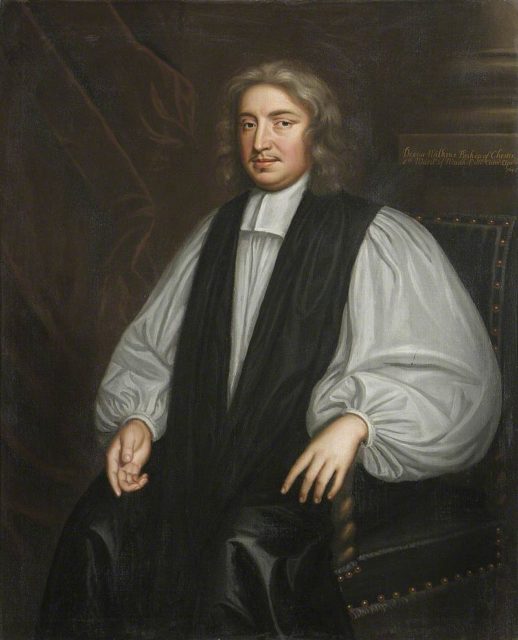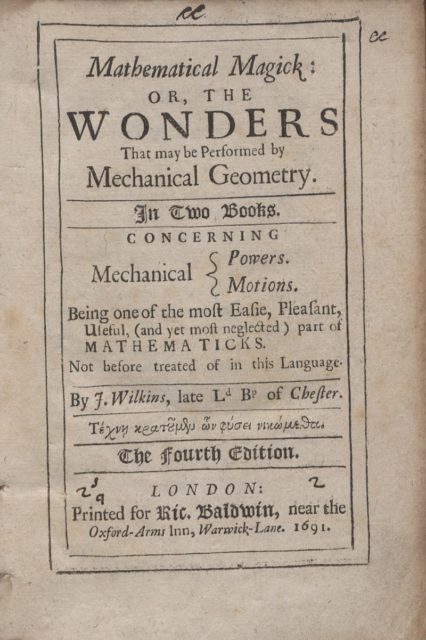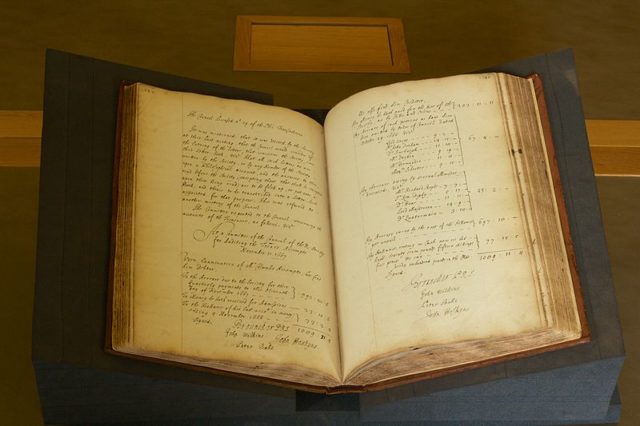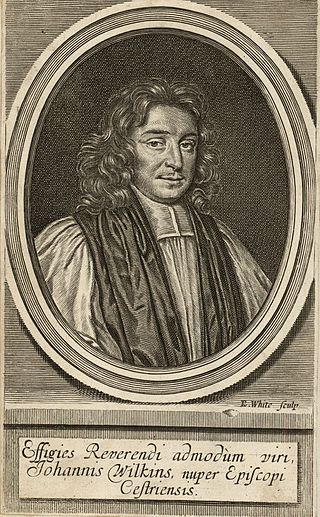John Wilkins was an Anglican clergyman who was one of the founders of the natural theology, a theological practice that gradually accepted scientific accomplishments and considered them to be the works of God.
He was a polymath and one of the rare intellectuals of the 17th century who attended both Cambridge and Oxford.
Wilkins married Robina, the younger sister of Oliver Cromwell, who led the faction in the English Civil War that executed King Charles I and temporarily removed the British royal family from power.

Wilkins’ close relationship with Cromwell destroyed his reputation when the monarchy of England was eventually reinstated. Still, he gradually restored his position through theological works and scientific research; he founded the Royal Society and acquired the respected position of the Bishop of Chester.
He was interested in the possibility of space travel and believed that the moon and planets of the Solar System were inhabited.
He postulated that space travel could be beneficial for the English economy because people of Earth could trade goods with extraterrestrial societies.
These ideas, that were exceptionally progressive in the context of 17th-century philosophy, were described in Wilkins’ books “The Discovery of a World in the Moone” from 1638 and “A Discourse Concerning a New Planet” from 1640.

Wilkins believed that people, animals, and plants were anchored to the Earth by a mystical magnetism, and if a way was found to reach an altitude of 20 miles, people would be free to fly through space. Breathing in space wouldn’t be a particular problem, as the space travelers would soon grow accustomed to the purer air breathed by angels who he believed inhabited the vast space between planets.
Wilkins experimented with building flying machines in the gardens of the Wadham College of Oxford, as he was keen on resolving the issue of space travel and wanted to introduce an early version of a space exploration program, but he succeeded at building a machine that would be able to fly.

Also, some years later he realized that space travel was much more complicated than he initially believed, as contemporary scientific research proved the existence of a vacuum in space.
Read another story from us: Six people celebrated the New Year in space
His ideas may seem obsolete and eccentric in the context of today’s advanced technology, but he was one of the first people to seriously propose the founding of a space exploration program.
